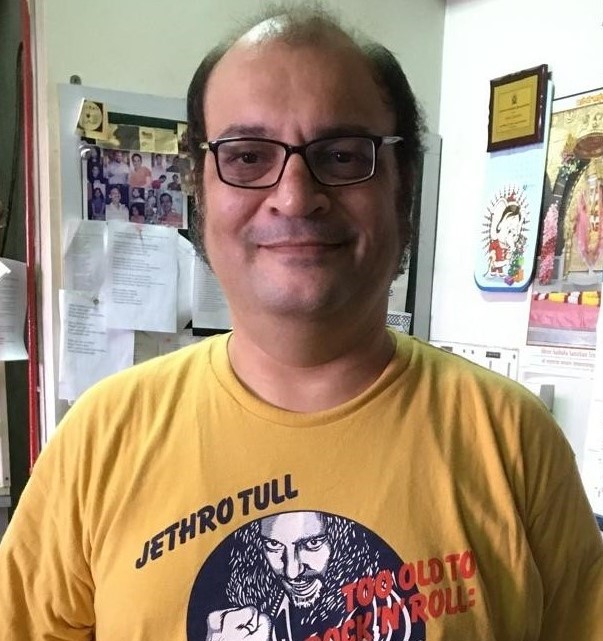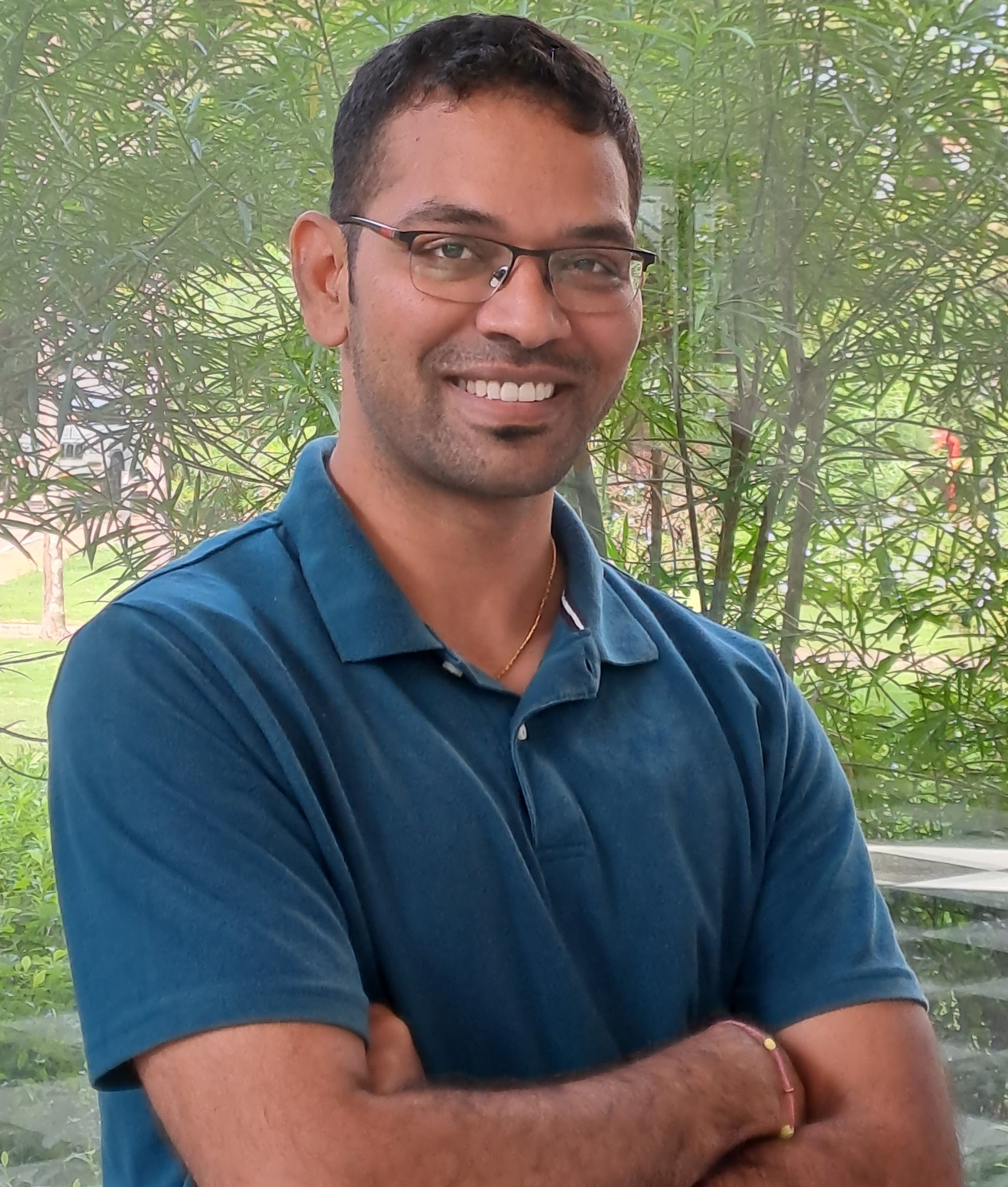
Basic Research
breadCrumb
Cell and Tumor Biology
This group focuses on the cell biology of normal and tumor cells and how these differences can explain tumor progression and possibly identify potential targets for therapeutic intervention. The laboratories of Dr. Bhattacharyya and Dr. Dalal study the biogenesis and size and copy control mechanisms of organelles such as the Golgi complex, the endoplasmic reticulum, the nucleus, the centrosome and the cell-cell adhesion junction the desmosome. The objectives of these studies are to provide novel insights into how the cell regulates organelle size and number, how these mechanisms are altered in tumor cells and the subsequent consequences for tumor progression. The laboratories of Dr. Dalal, Dr. Hasan and Dr. Teni study cell cycle progression and checkpoint control. The studies on checkpoint control have identified a mechanism by which entry into mitosis is regulated in response to incomplete DNA replication and DNA damage and the identification of a potential target for therapeutic intervention. The role of the protein Mcl-1 in regulating the cellular response to DNA damage has resulted in the determination that drugs targeting Mcl-1 might serve as therapeutics in oral cancer. The laboratory of Dr. Hasan studies the interplay between anti-apoptotic proteins and cyclin dependent kinases and how this interplay can serve as a potential therapeutic target in Acute Myeloid Leukemia (AML). They also focus on the monitoring of minimal residual disease (MRD) in AML using molecular markers. The laboratory of Dr. Teni also focuses on understanding the regulation of tumor progression by p53 family members and their downstream targets in oral and cervical cancer progression. The laboratory of Dr. Bhattacharyya is also studying vesicular trafficking in early secretory pathways as well as the biogenesis of exosomes, a class of nano-sized extracellular vesicles implicated in cancer metastasis. The laboratories of Dr. Teni and Dr. Dalal study therapy resistance in oral, cervical and colorectal cancers with an emphasis on how tumor cells acquire resistance to radiation and commonly used chemotherapeutic agents and determining whether these can serve as targets for therapeutic intervention or prognostic markers that can predict the choice of therapy. Dr. Bhattacharyya’s lab also aims to develop and optimize microscopic tools for advanced microscopic studies.

Dr. Sorab Dalal
Principal Investigator

Dr Syed K. Hasan
Principal Investigator

Dr. Sejal Patwardhan
Principal Investigator

Dr. Sharath C. Arandkar
Principal Investigator
